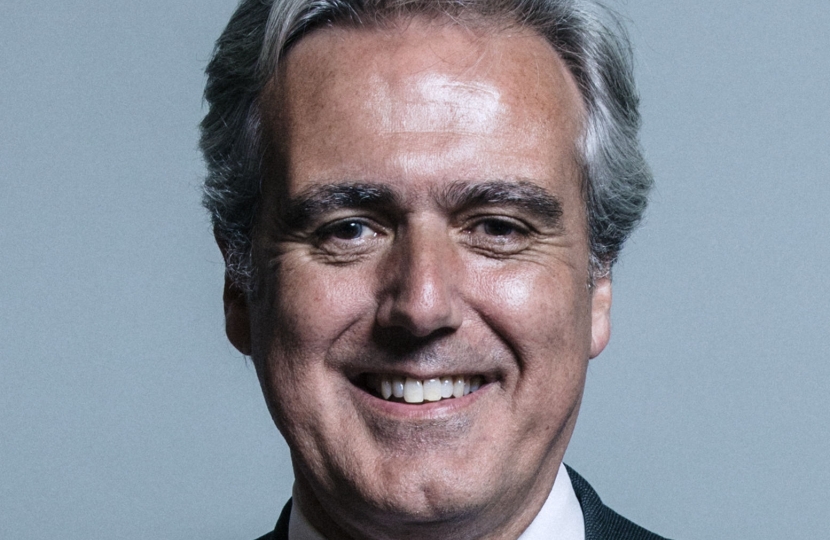
Recent press is dominated by stories about Uber, the ground breaking new taxi service. At its heart is the decision by Labour’s Mayor of London Sadiq Khan to cancel Uber’s license.
Don’t get me wrong, Uber are guilty of infringements of its obligations to provide a safe service to the public. They need to up their game. But in revoking Uber’s license, 40,000 drivers in London may lose their income. 40,000 unemployed because of a decision by an individual who claims to put workers first. Hundreds of thousands of residents have signed an online petition, worried they have lost a service that provides consumer choice, price competitiveness and, frankly, a service that overall provides a safe way for people to get home in London. So 40,000 are unemployed and the public needs to search for an expensive black cab or use late night public transport with all the potential risk that involves. It is no wonder people are accusing Sadiq Khan of bowing to pressure from vested interest groups.
We are living in a time of disruptive technology, where changes reshape the commercial landscape. I used to collect records, then CDs. I haven’t bought a CD in years, migrating from Apple music to Spotify, where for the price of a couple of CDs a month, my whole family gets unlimited music wherever they want. Musicians used to make money from selling CDs, but now earn far less from sales. But only those who could win a contract with a record publisher made money. Now every musician can upload their music online and get a chance at commercial success. These swings and roundabouts are changing the world we live in and we need to adapt.
Uber and similar organisations use the so called ‘gig-economy’ that provides opportunities for people to work when they like. They are a progression of zero hours contracts, in turn a progression of part-time work. I worry that there are fewer traditional rights afforded to these workers, but equally so, two thirds on zero hours say it fits their lifestyle. The same applies to the gig economy.
So should we be shutting this down, denying people consumer choice? Or should we be working out how we tackle the changing world, modifying our approach to vital rights and obligations whilst embracing inevitable change? I suspect 40,000 unemployed Uber drivers and the population of London would choose the latter.
